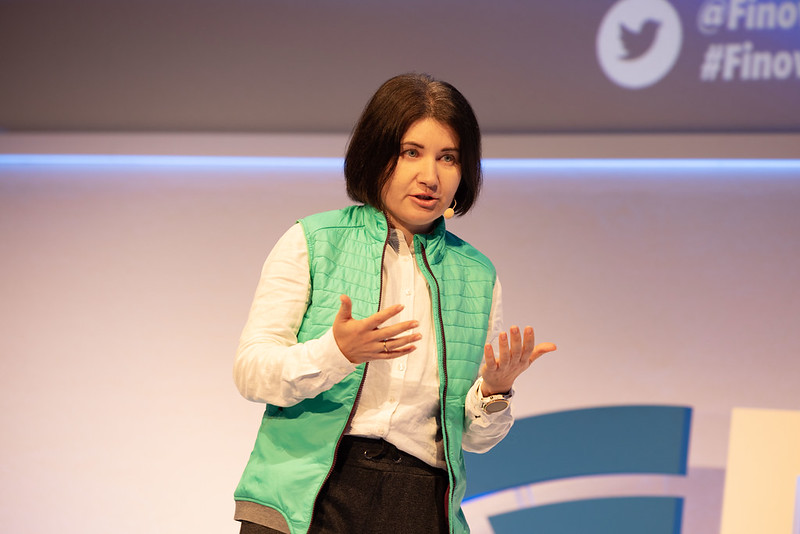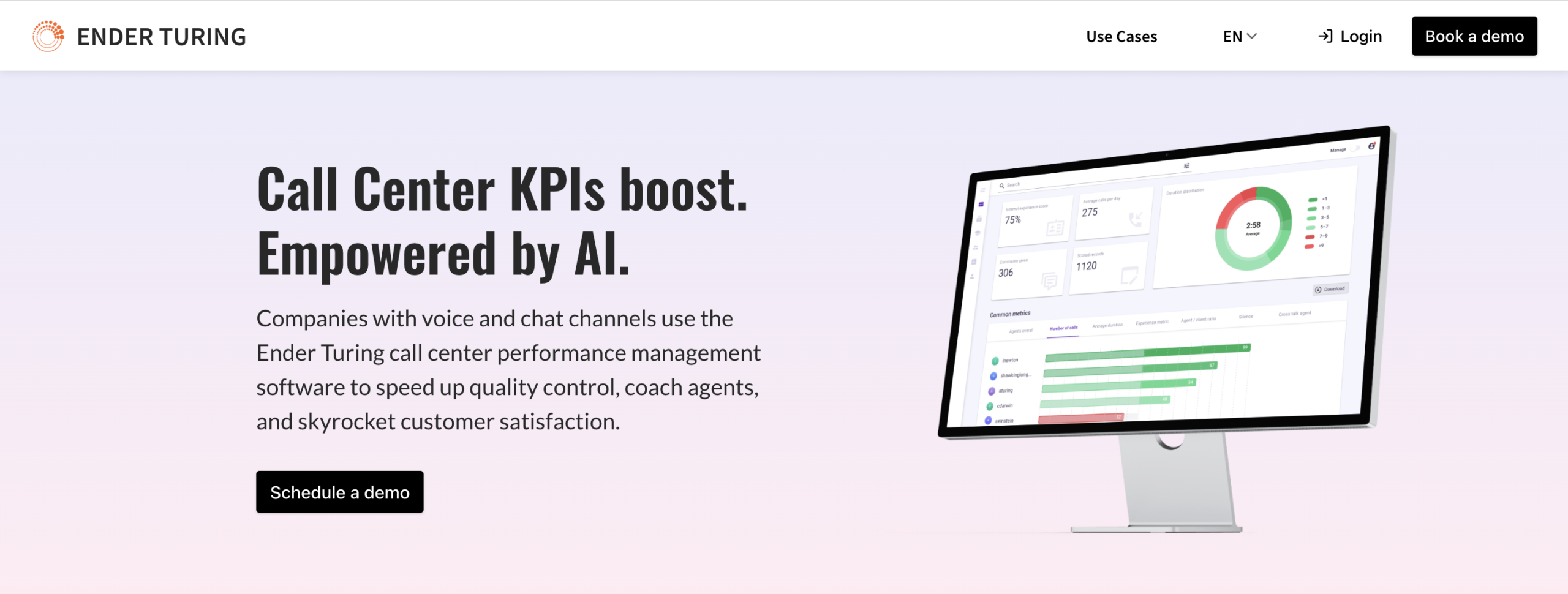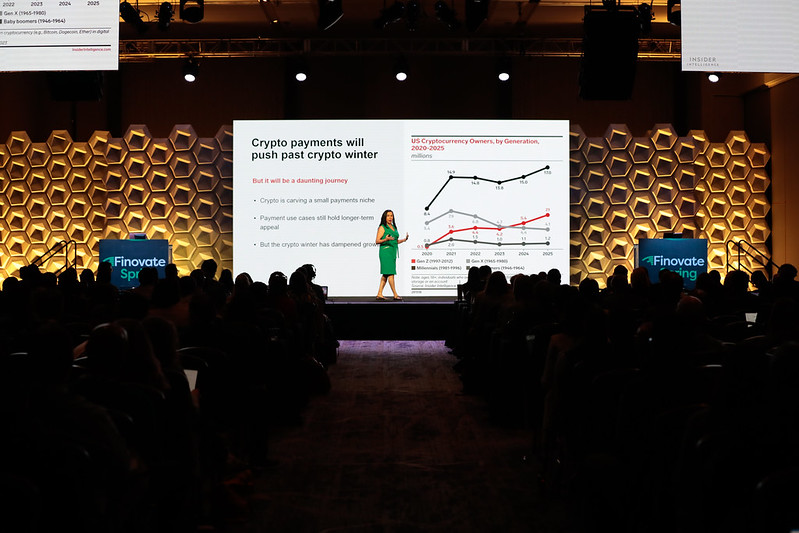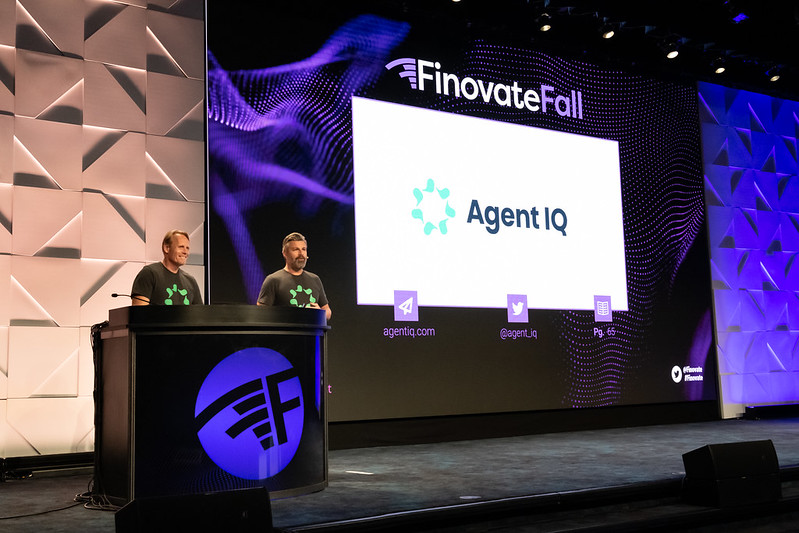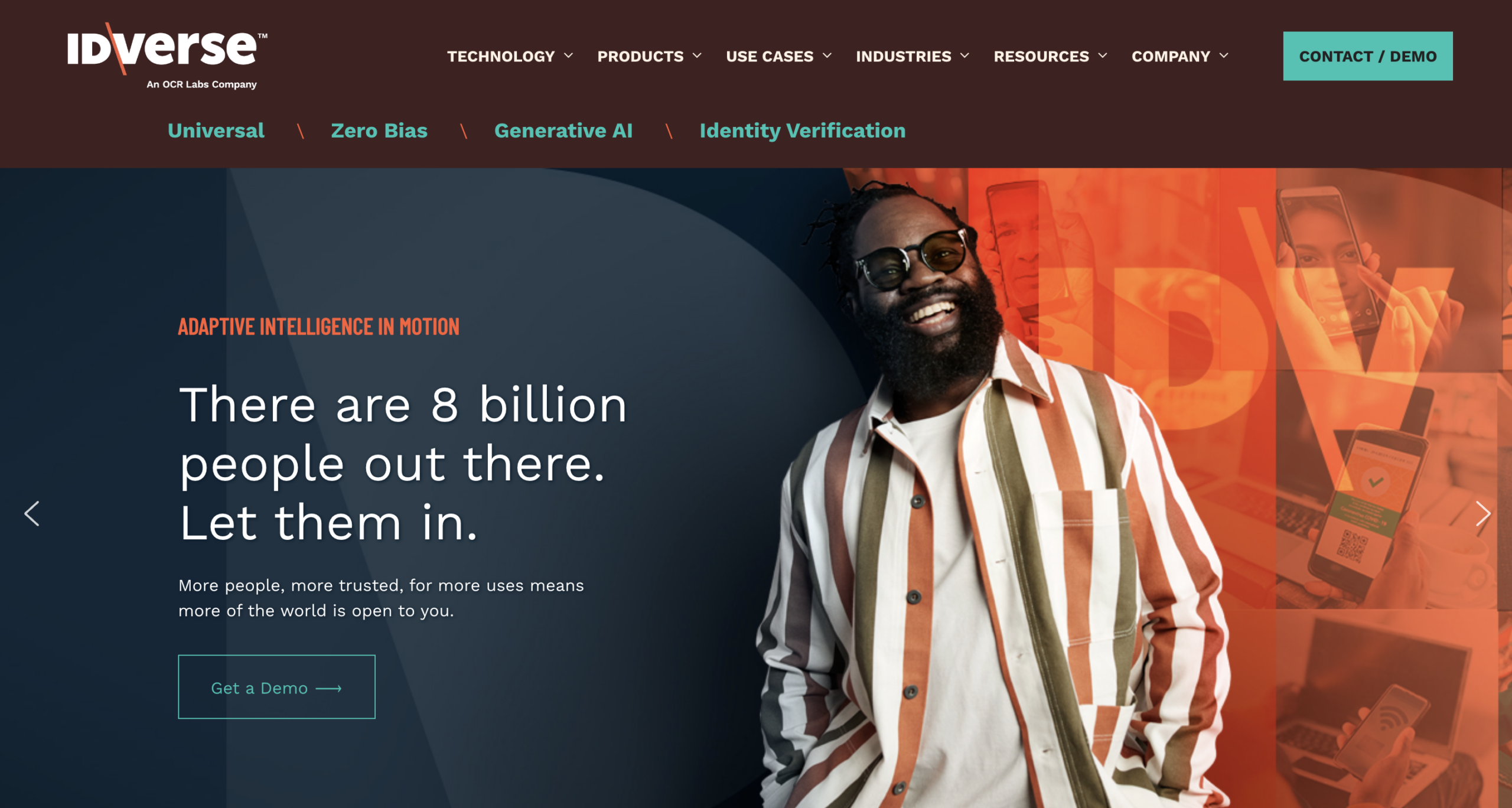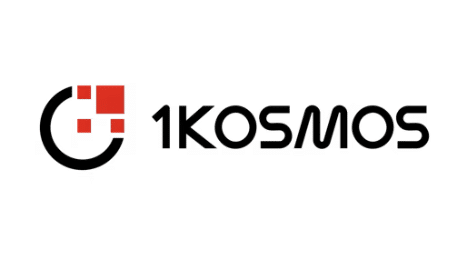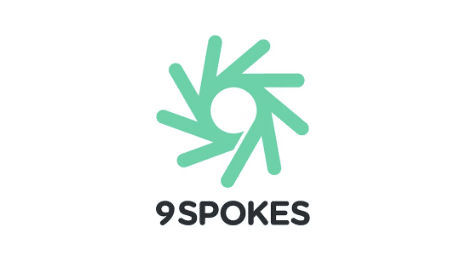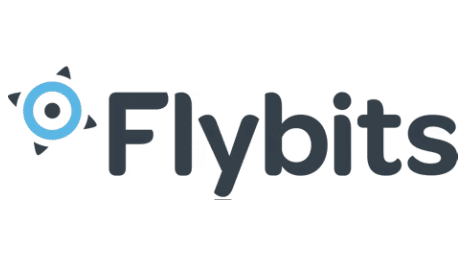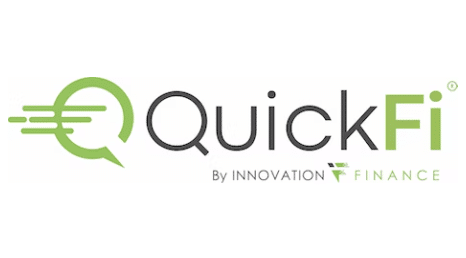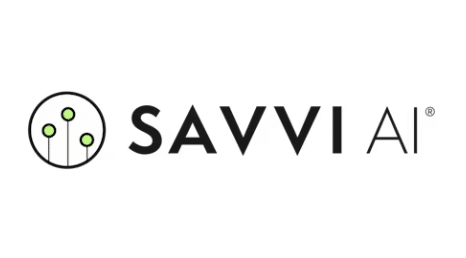
- Global payouts platform PayQuicker announced three new fintech partnerships this week.
- The company has teamed up with Qolo, Web3 infrastructure company Fortress, and payments platform Citcom.
- PayQuicker made its Finovate debut last September at FinovateFall in New York.
International payouts platform PayQuicker announced a trio of new fintech partnerships this week. The company has teamed up with Qolo, Fortress, and Citcon, who will take advantage of and enhance the functionality of PayQuicker’s Payouts OS platform. PayQuicker recently demoed the technology at FinovateFall.
“No single bank or payment provider can solve for cross-border payments alone,” PayQuicker President Charles Rosenblatt said. “We are uniting the power of these notable partners under our first in-market payouts orchestration platform to bring agile, secure, and convenient payout methods to businesses, and bring hard-earned money to gig and alternative workforces around the globe.”
Qolo will serve as an issuing-processing partner for PayQuicker’s Payouts OS. The company will issue an advanced suite of card solutions for corporate as well as SME business clients. This will make it easier for firms who need to make payouts to gig economy workers, for example, or to marketplace sellers. Fortress is a Web3 infrastructure company. Its partnership will enable PayQuicker to offer its clients a stablecoin wallet for payees. This will allow businesses to make disbursements in crypto instead of fiat currency. Lastly, Citcon is a global payment platform that offers solutions for payments in-store, online, and via mobile. PayQuicker customers around the world will gain new outlets via the collaboration.
“By combining Citcon’s robust global payment networks with PayQuicker’s expertise in secure and efficient payouts, we are empowering businesses to streamline their operations and enhance user experiences,” Citcon co-founder, President, and COO Wei Jiang said.
PayQuicker’s Payouts OS platform leverages a single REST API to deliver turnkey integration for multiple banks and global payment rails. The technology intelligently determines and facilitates the fastest and most cost-effective payout method for a given client. This includes saving clients time and money by comparing the processing and interchange fees.
Joined by company Chief Technology Officer James Legan, PayQuicker’s Rosenblatt demoed Payouts OS at the company’s appearance at FinovateFall last year. The team showed how the company has used Payouts OS to enable instant payouts in more than 200 countries and territories. These payouts were in local currencies and disbursed via prepaid debit card, virtual cards, and mobile wallets. “Payouts OS is the first Payouts-as-a-Service product,” Rosenblatt explained from the Finovate stage in September, “a payment orchestration platform for payouts that allows companies to go out and get the best rate, the best speed.” He added, “It will use lowest cost routing in order to be able to determine that for our clients.”
Founded in 2007, PayQuicker is baed in Rochester, New York.




